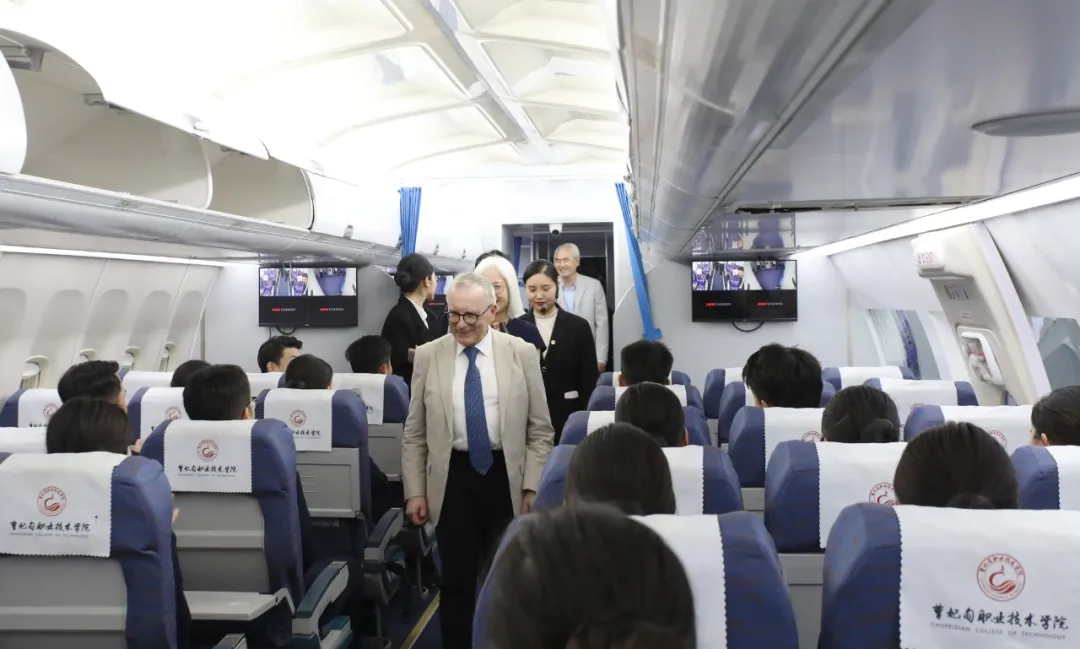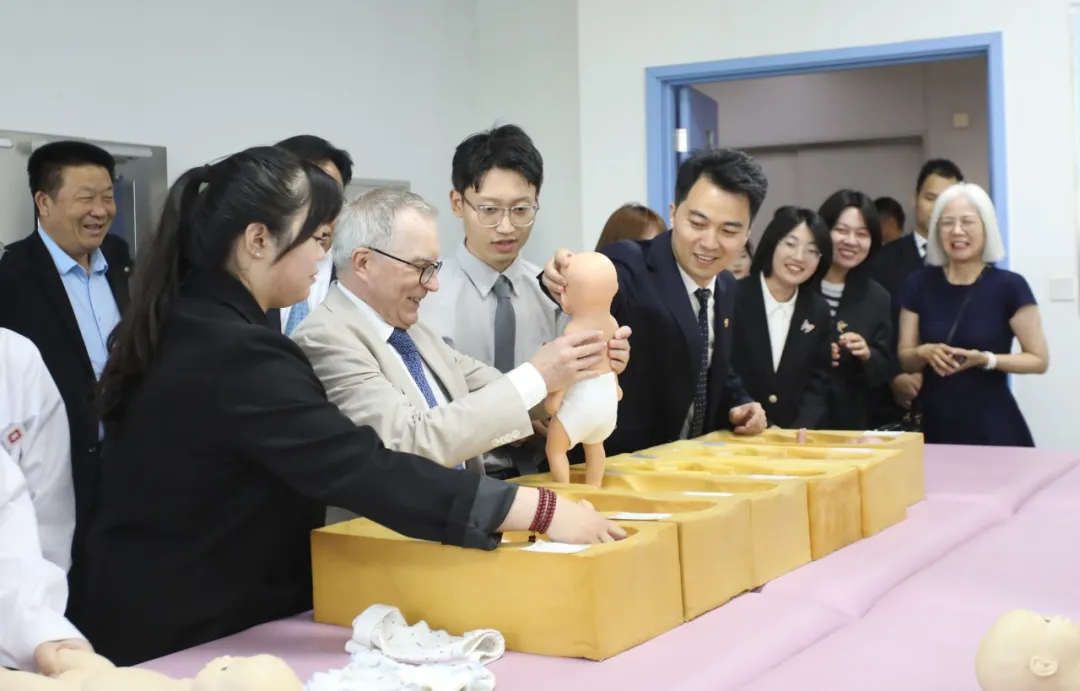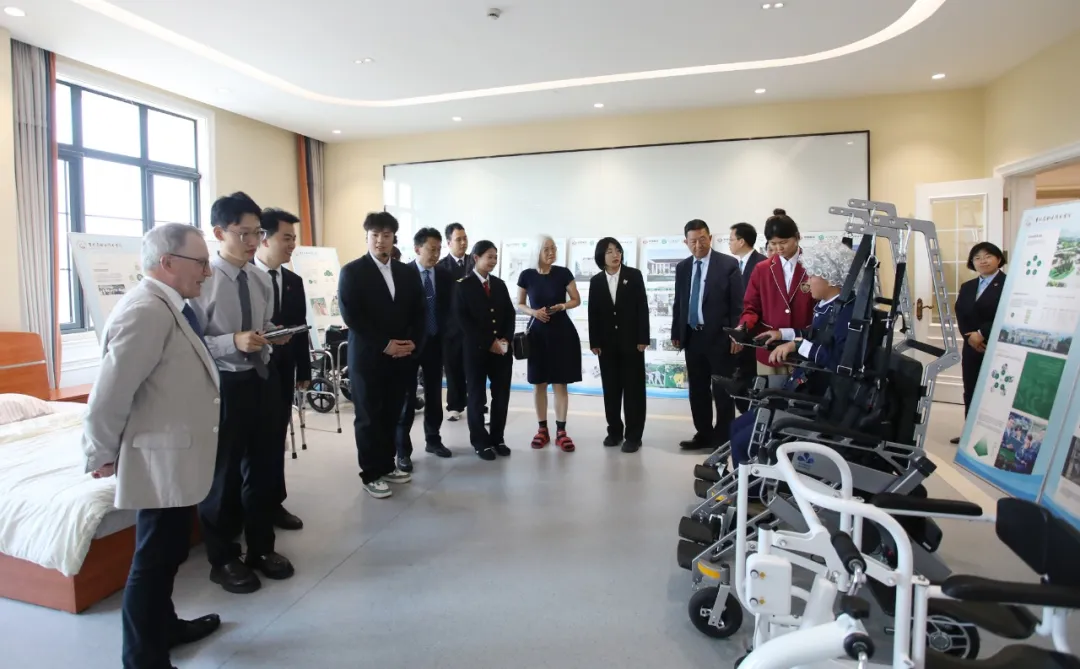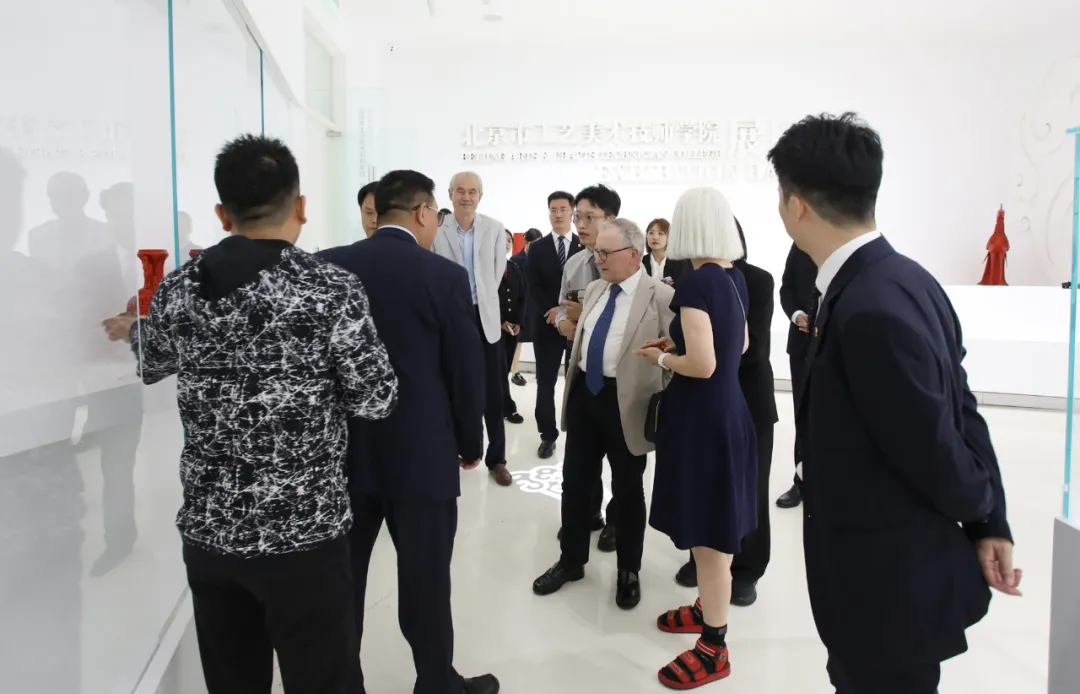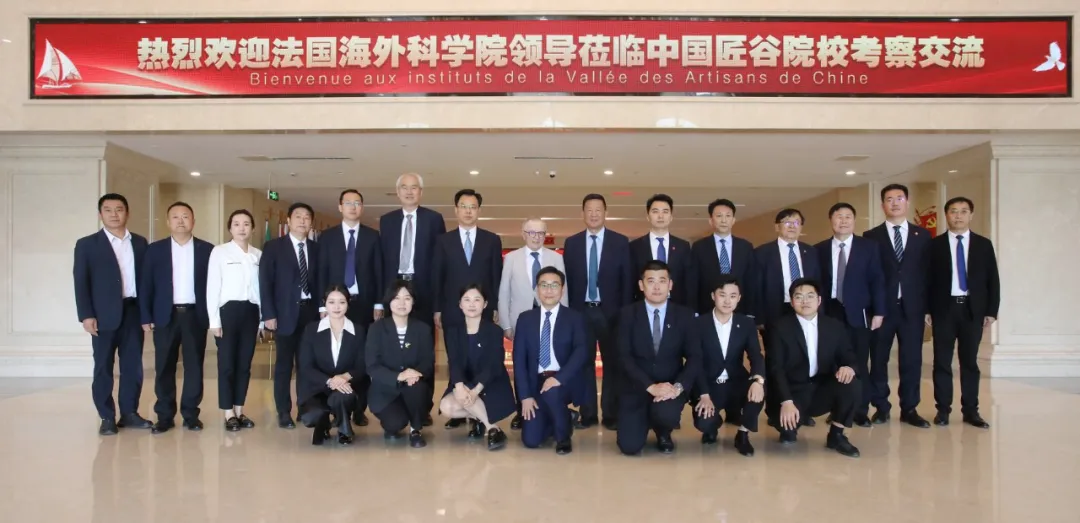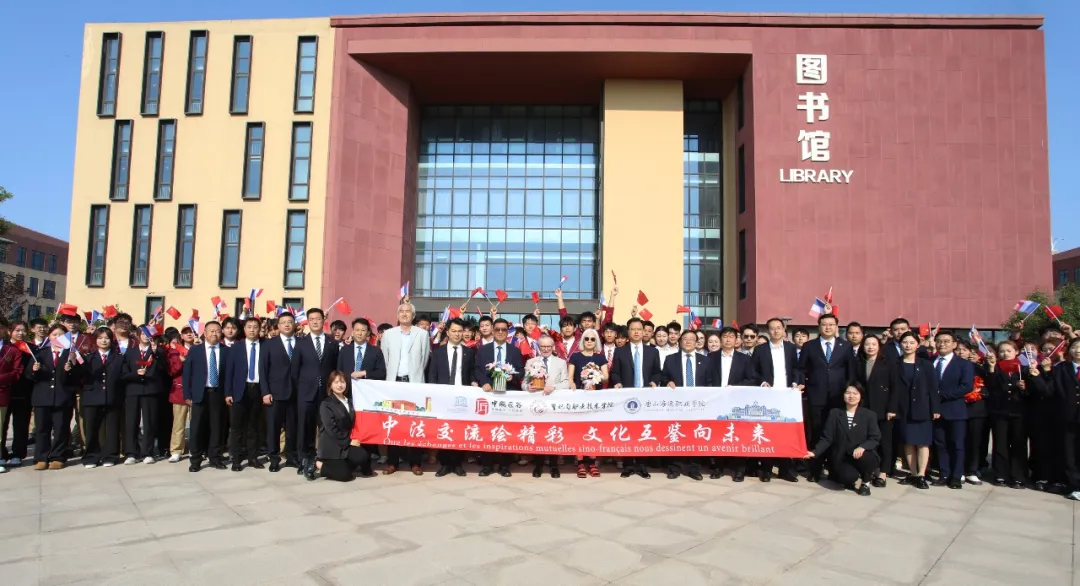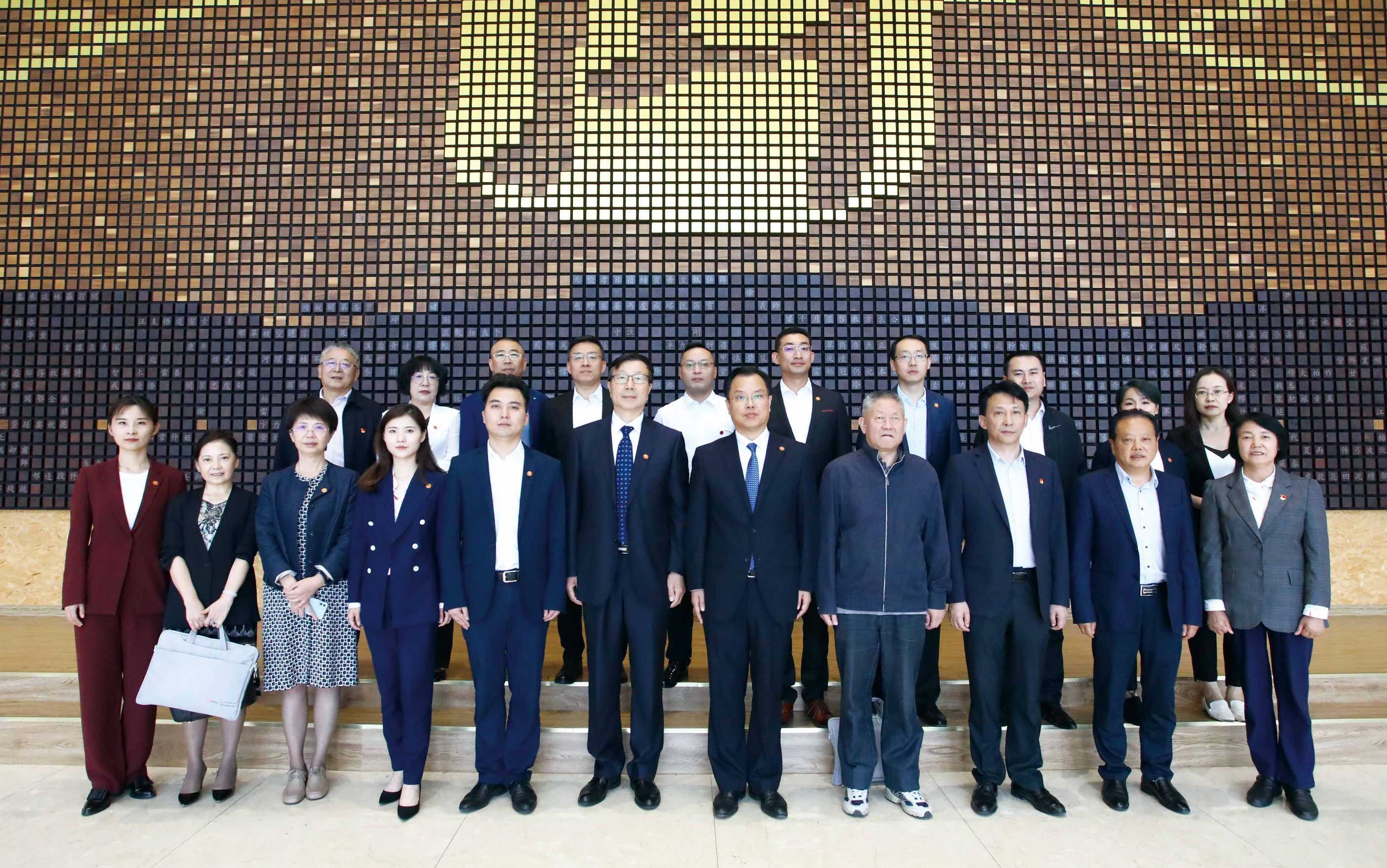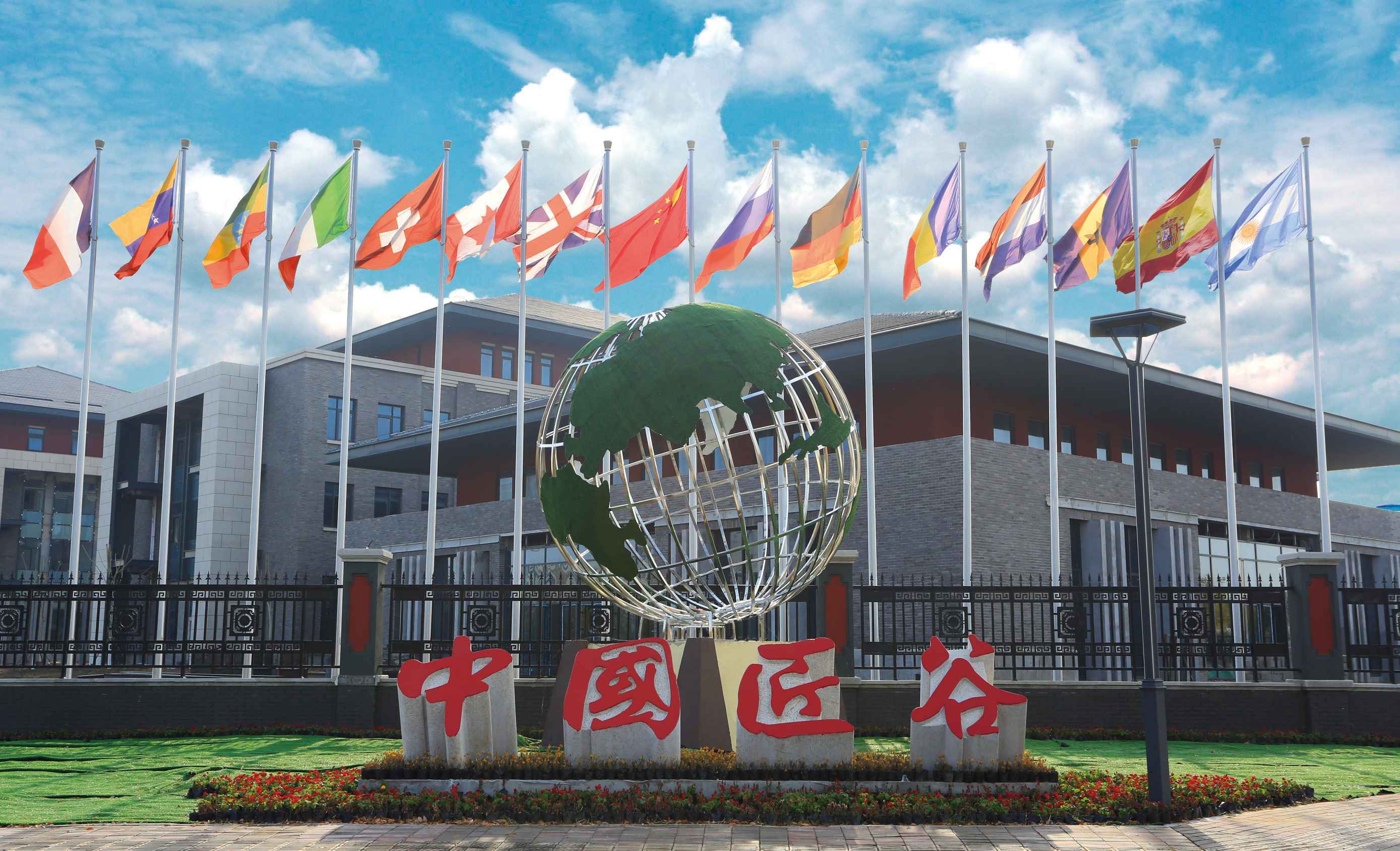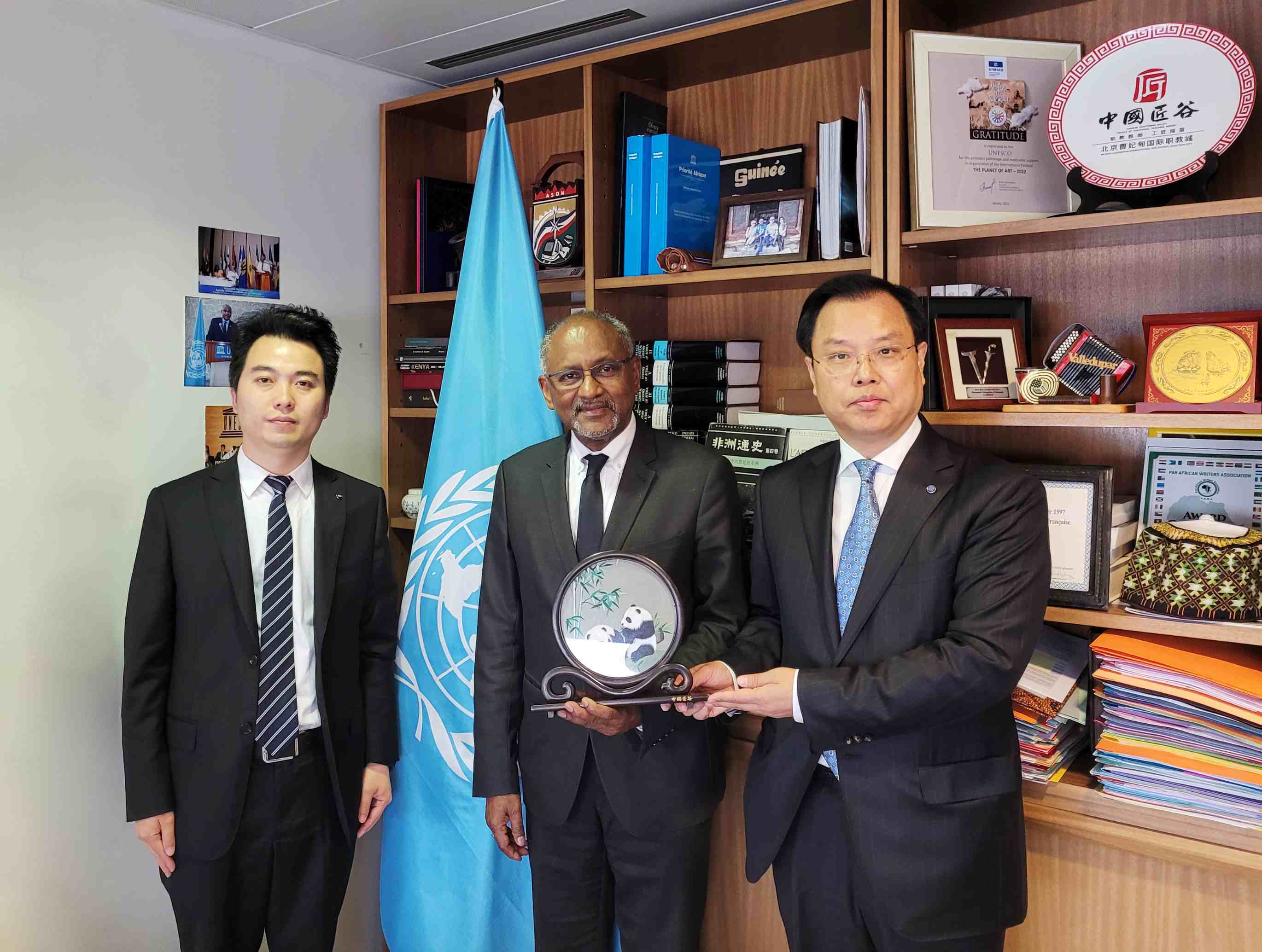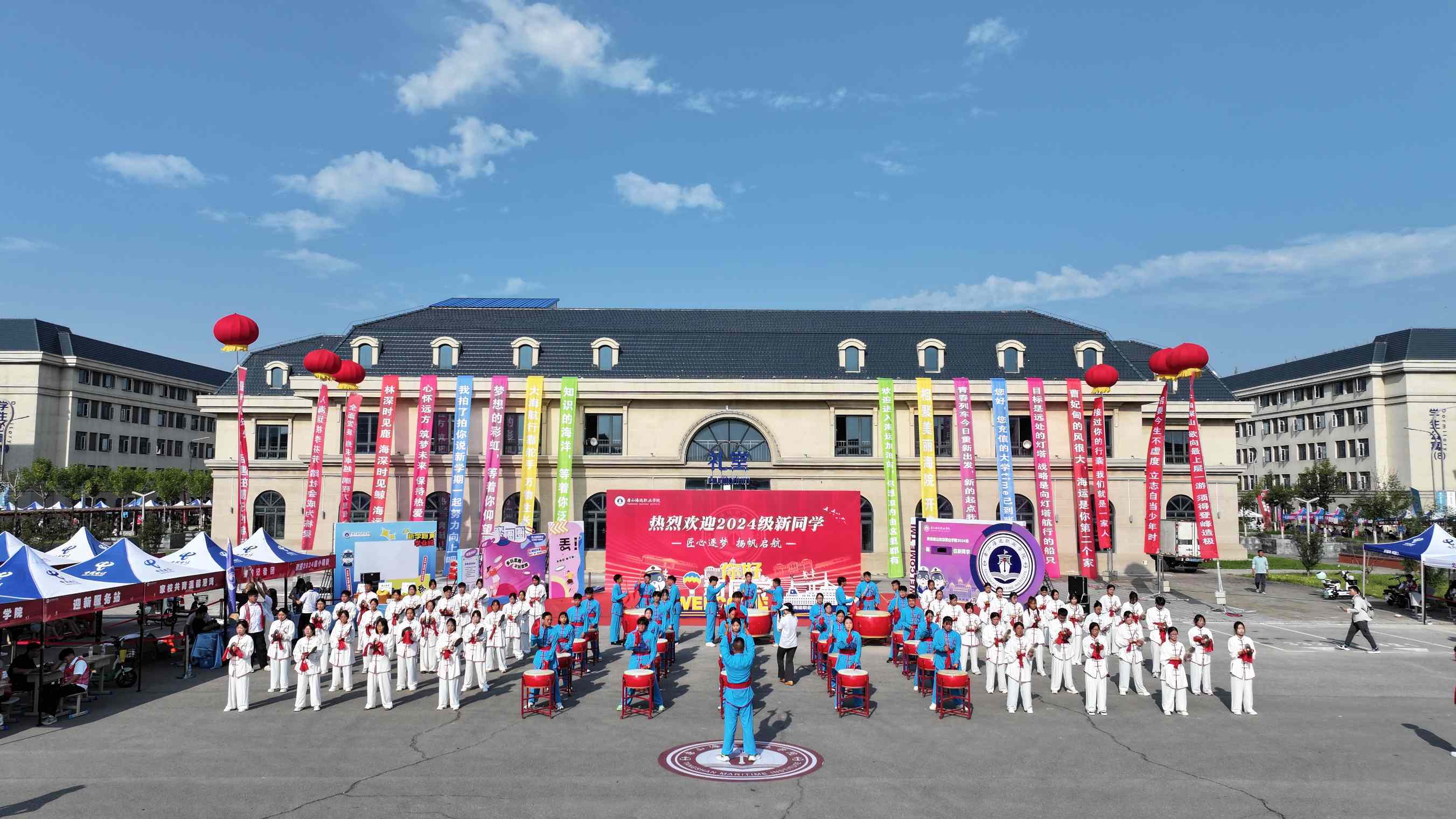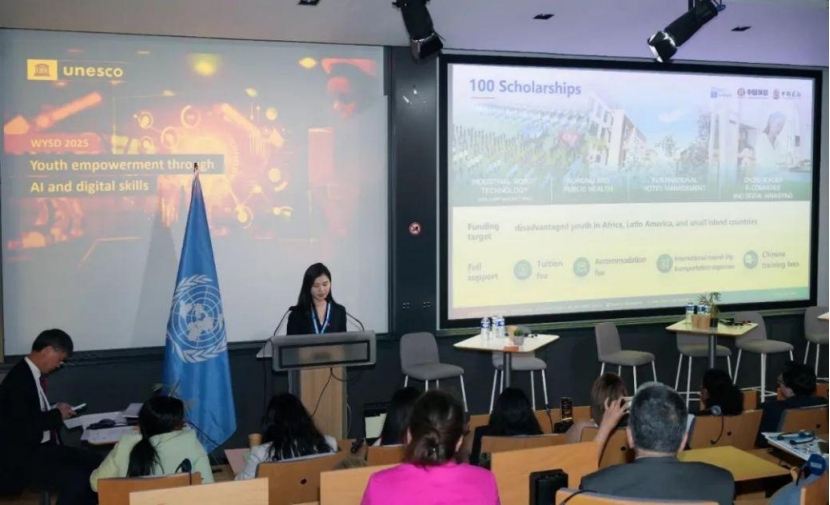Sino-French Vocational Education Cooperation Sparks Innovation丨China POCY Group and the Académie des Sciences d’Outre-Mer of France Sign Strategic Cooperation Agreement
Release time:May 18,2025
As a concrete step to implement the Global Development Initiative in the field of education, on May 18, Dominique Barjot, academician and president of the Académie des Sciences d’Outre-Mer of France, together with his wife Rang-Ri Park Barjot, and Mr. Du Yue, Secretary-General of the World Federation of UNESCO Clubs, Centers and Associations (WFUCA), former Secretary-General of the Chinese National Commission for UNESCO, and former Director of Intersectoral Cooperation and Partnerships of UNESCO’s Africa Department, visited the China Craftsman Valley institutions under China POCY Group for exchange and inspection.
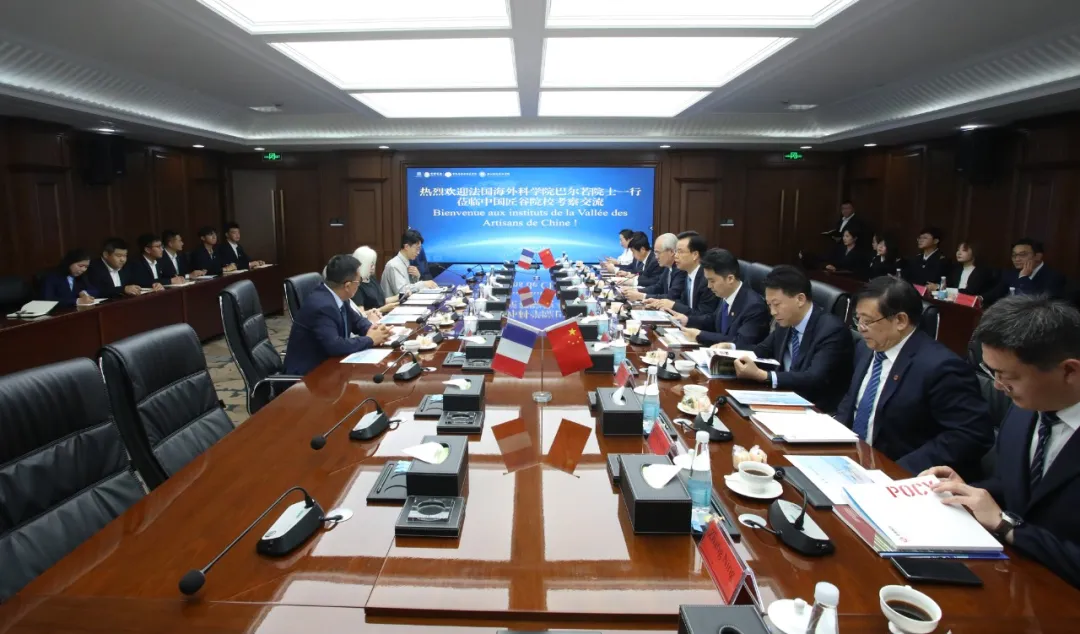
Yao Yichun, President of China POCY Group and Chairman of the WFUCA Committee on Industry-Education Integration, along with Yang Zhilin, Executive President of China POCY Group, Xue Huainan, Chairman of Caofeidian College of Technology, Wang Yanting, President of the college, Li Junsong, Chairman of Tangshan Maritime Institute, and Li Jiasheng, its President, as well as relevant leaders from both colleges, attended the meeting. The meeting was moderated by Ding Guosheng, Vice President of China POCY Group.
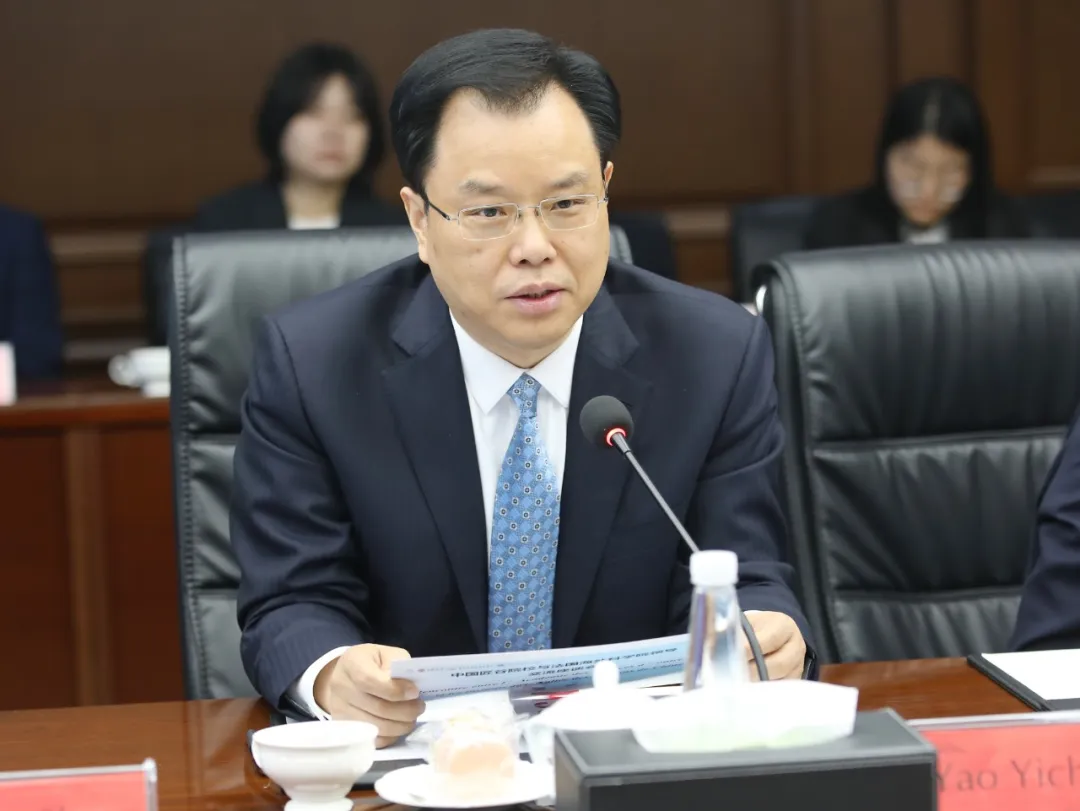
At the meeting, Yao Yichun extended a warm welcome to Dominique Barjot and his delegation. He introduced POCY Group's strengths in vocational education, elderly care industries, and international resource integration. He emphasized that POCY is committed to building an integrated "Education + Industry" ecosystem. This cooperation will leverage POCY’s experience in the internationalization of vocational education and standardization of elderly care industries to explore innovative models such as international cooperative education and industry-education integration in the elderly care field, aiming to cultivate high-quality talent with global competitiveness.
In his remarks, Dominique Barjot recalled the tradition of Sino-French educational exchanges in the 1920s and highlighted that this cooperation represents “a contemporary continuation of historical friendship.” He emphasized that the collaboration would focus on three key areas: deepening alignment between Chinese and French education systems, expanding regional education cooperation networks, and strengthening Sino-European vocational education synergies. He noted that Chinese vocational education not only focuses on academic training but also emphasizes the cultivation of highly skilled talent as a strategic force supporting the real economy. In the face of both free trade and global challenges, he stressed that only through educational cooperation can we foster consensus and nurture "global citizens" with both professional skills and international vision.
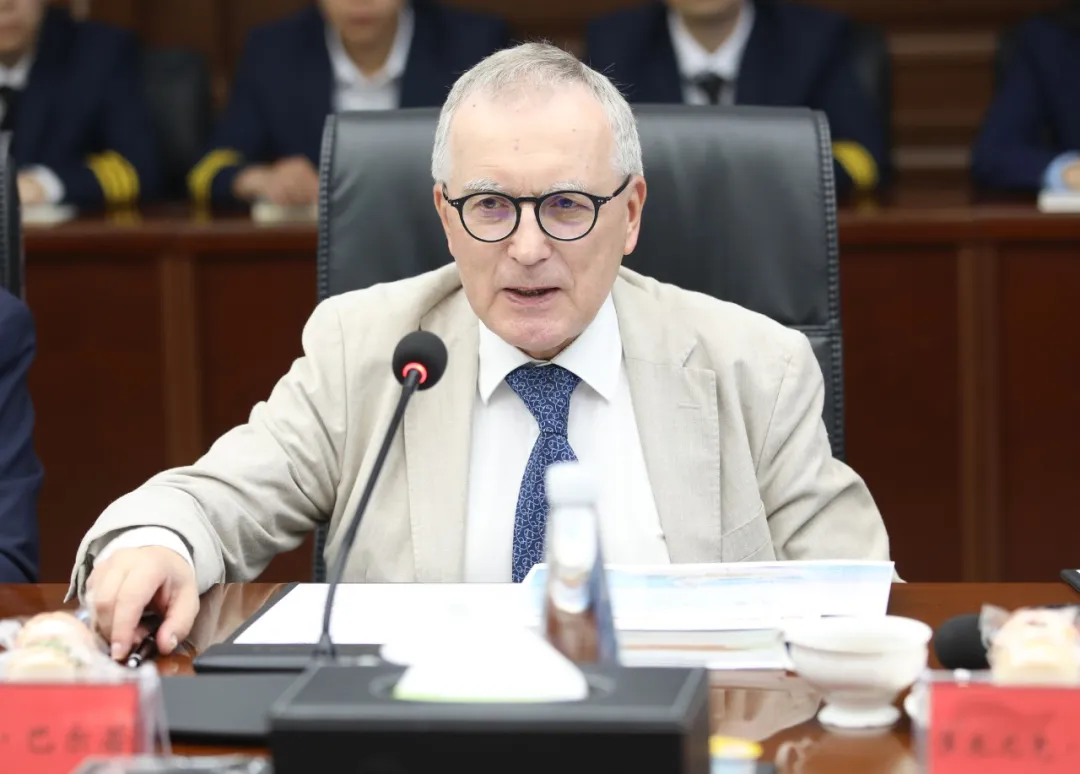
Du Yue pointed out that China's vision of building a "learning society" offers a model for the world. When learning becomes a social consensus, language learning is no longer a task but a joyful journey into multicultural exploration — a knowledge bridge for mutual understanding among civilizations. He proposed enhancing four key competencies to meet global challenges: information processing, learning ability, communication skills, and leadership.
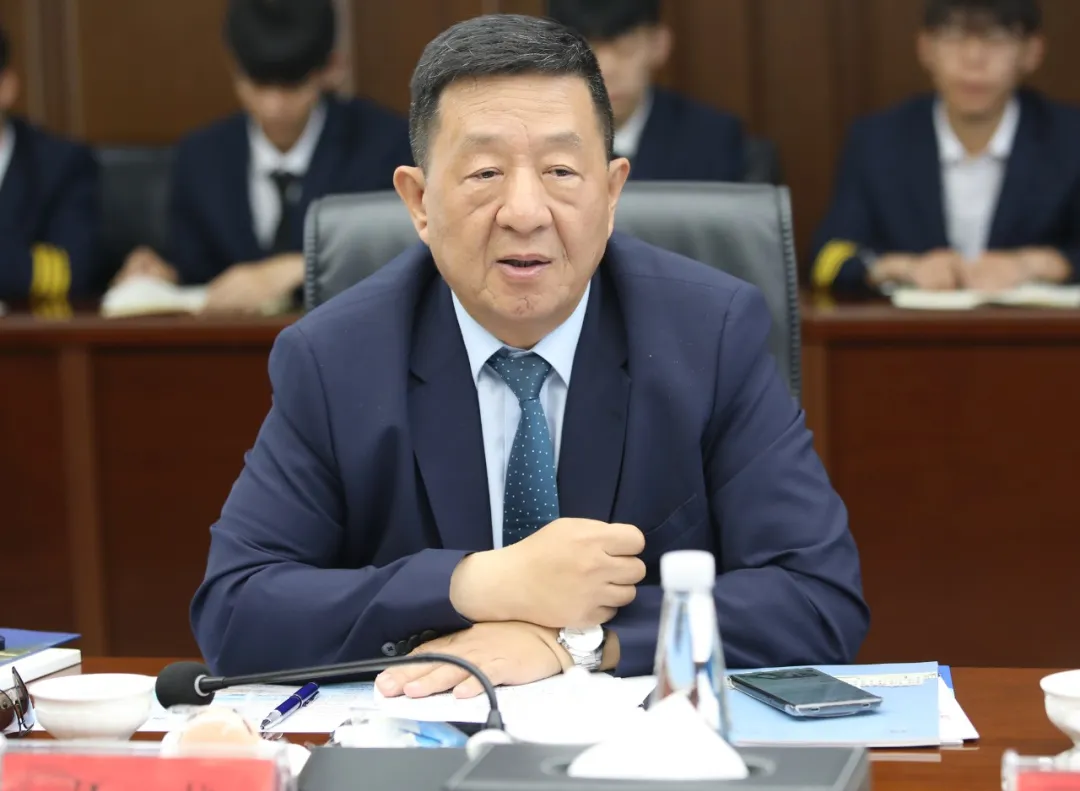
Wang Yanting and Li Jiasheng respectively introduced the development of Caofeidian College of Technology and Tangshan Maritime Institute. The parties jointly explored various innovative cooperation models and conducted in-depth discussions on academic exchange, student mobility programs, and pathways for academic advancement.
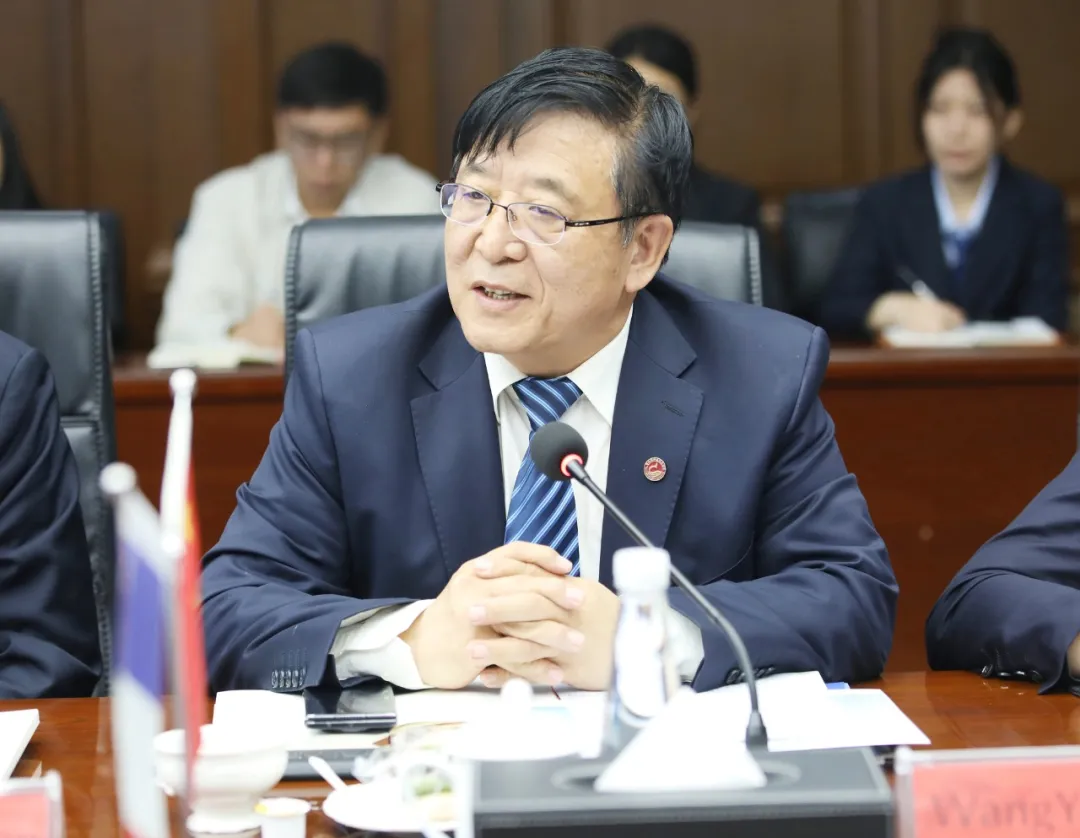
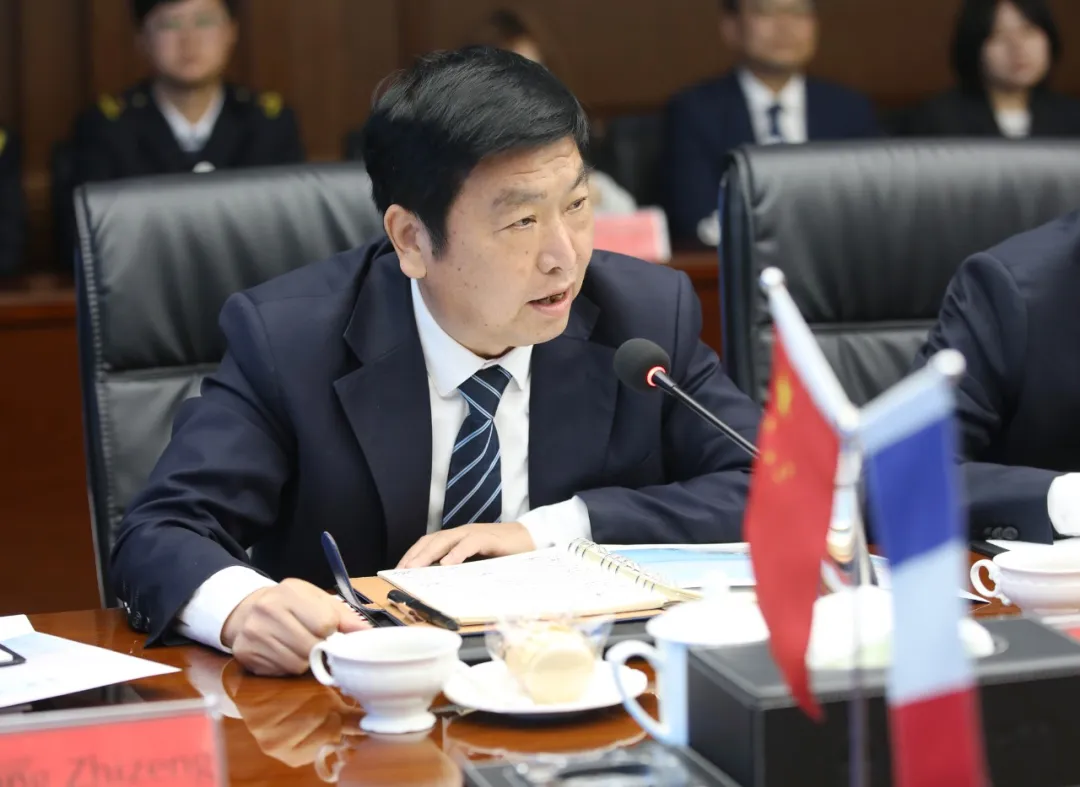
At the signing ceremony, Yang Zhilin and Dominique Barjot signed a strategic cooperation agreement. Both sides agreed to deepen bilateral and multilateral cooperation in higher education, scientific research, and cultural exchange. By establishing a comprehensive and long-term cooperation mechanism and leveraging their complementary strengths, the two parties aim to achieve information sharing, resource integration, and mutual capacity enhancement. Through international cooperation in talent development, educational research, academic dialogue, and cultural exchange, they seek to establish a mutually beneficial and sustainable partnership. This cooperation will integrate the precision of German craftsmanship with the excellence of French service, and explore new models of vocational education and technical training, serving educational cooperation, technological transformation, talent development, and cultural exchange across China, Europe, Africa, Asia, Latin America, and Oceania.
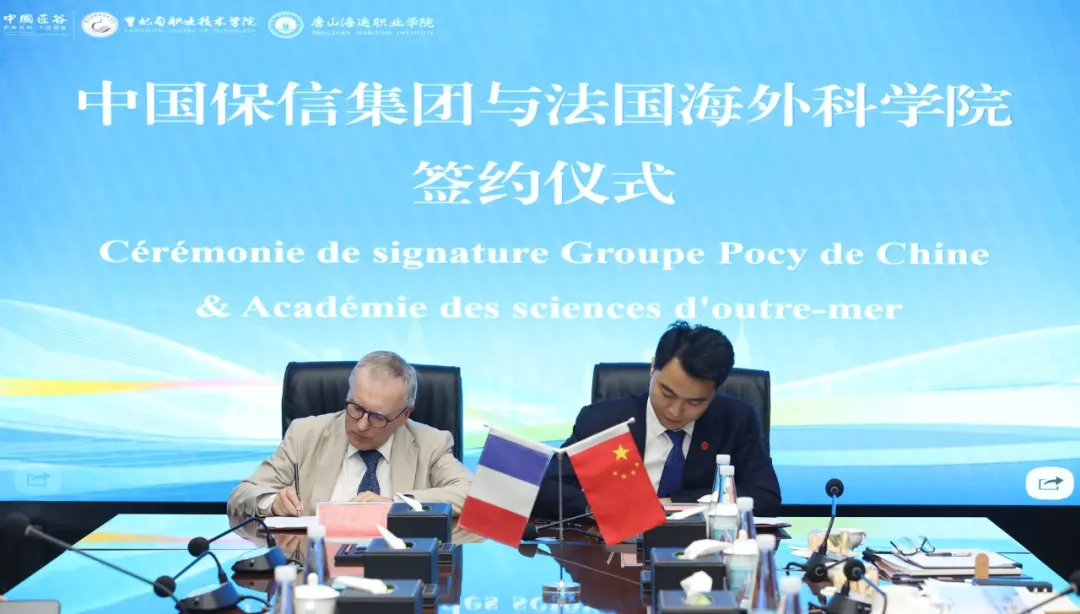
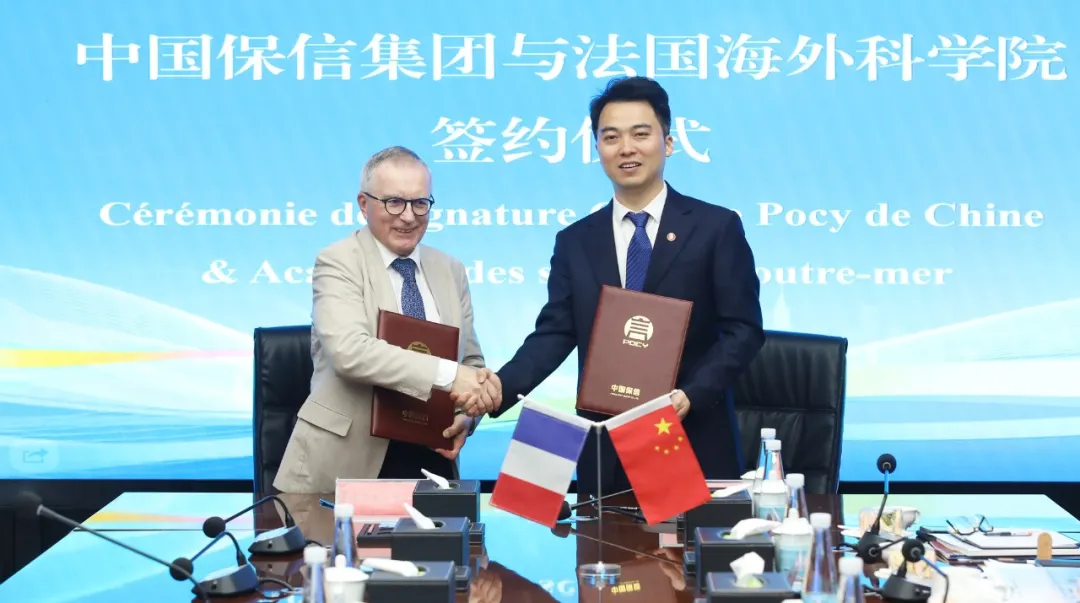
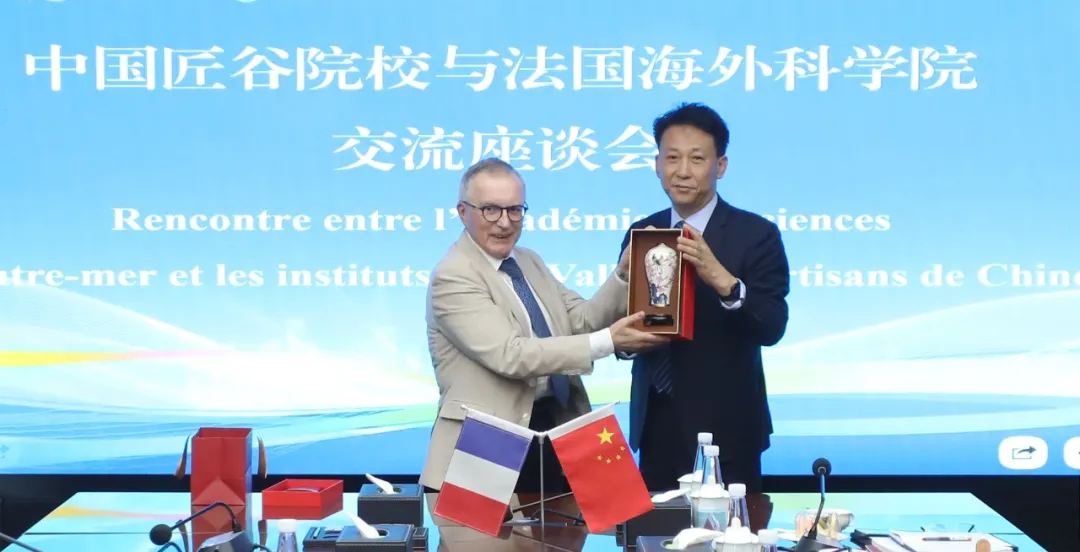
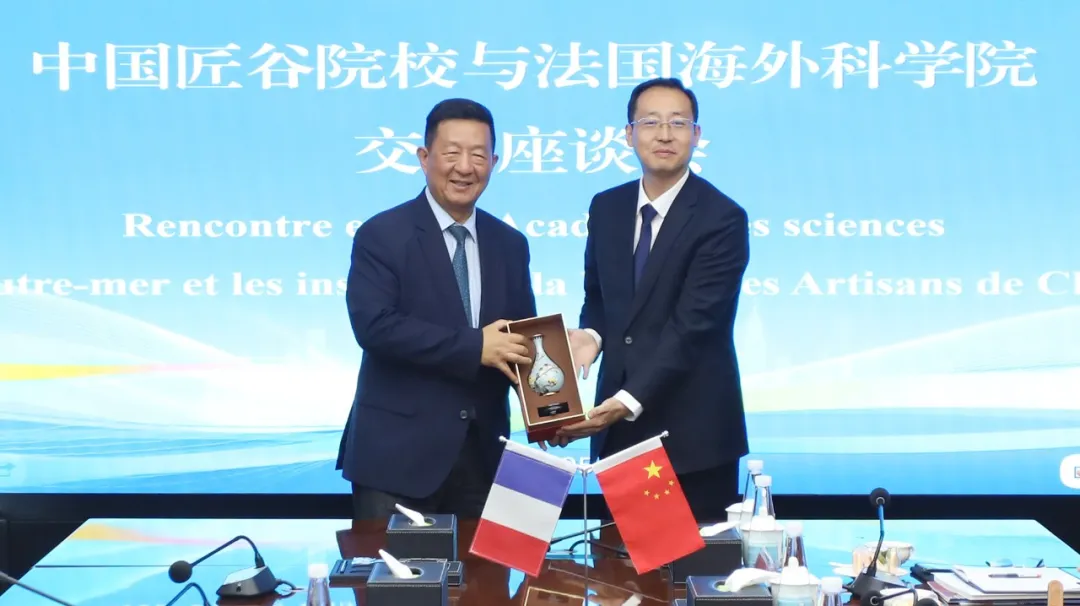
By building a knowledge-producing community, this collaboration aims to deepen mutual learning among civilizations, disseminate European experiences, share Chinese practices, and become a strategic pivot for constructing the Asia-Europe higher education community and the community with a shared future for mankind.
The delegation led by Dominique Barjot also visited several training centers, including the Aerospace School, Health and Nursing School, and Home Economics School at Caofeidian College of Technology; the Culinary Training Center at Tangshan Maritime Institute; and the Caofeidian Training Base of the Beijing Senior Technical School of Arts and Crafts. They attentively listened to detailed explanations on the operation of international high-end training equipment and professional teaching models, gaining a thorough understanding of the facilities and educational achievements of the China Craftsman Valley institutions.
